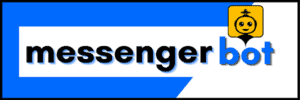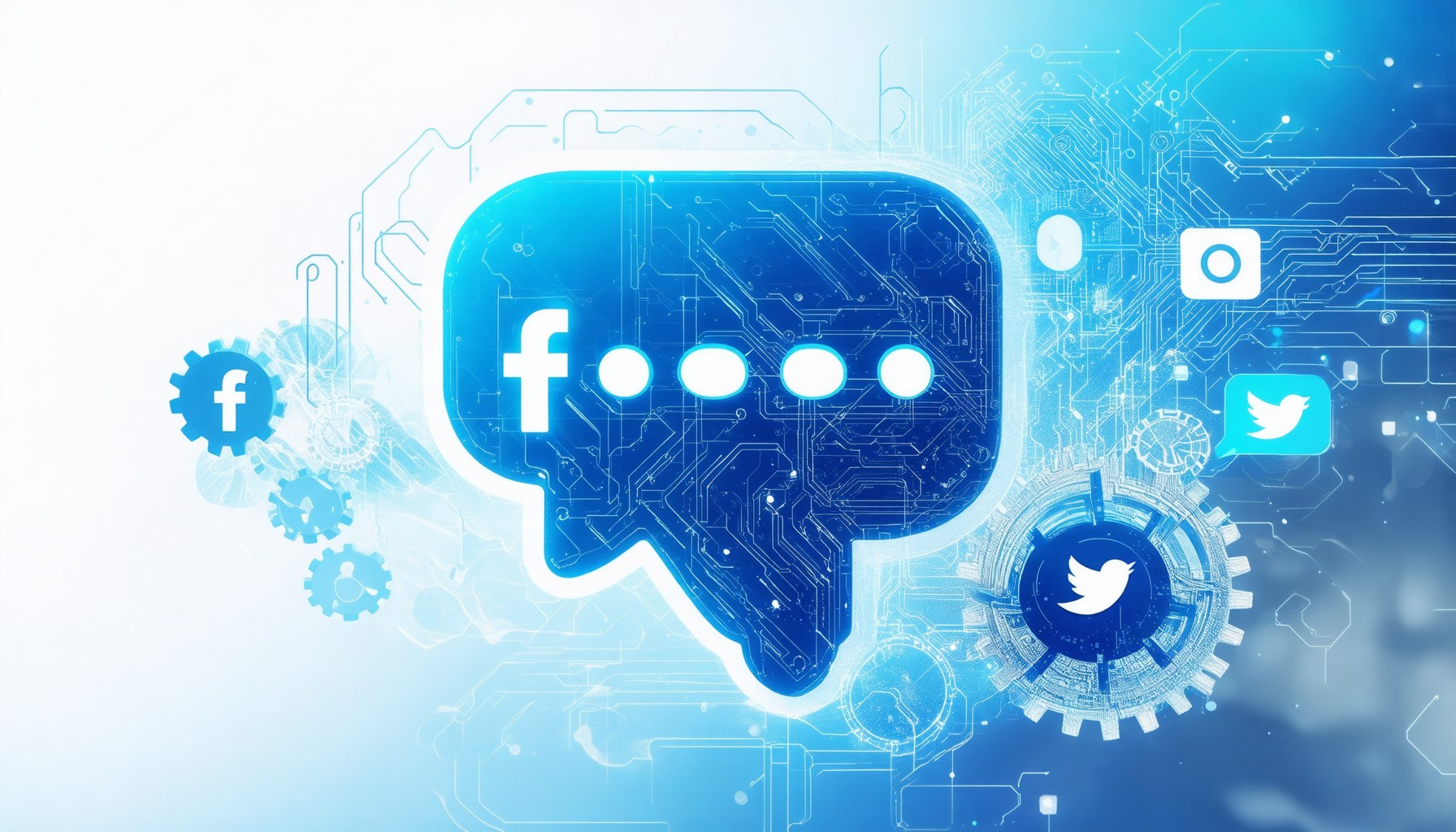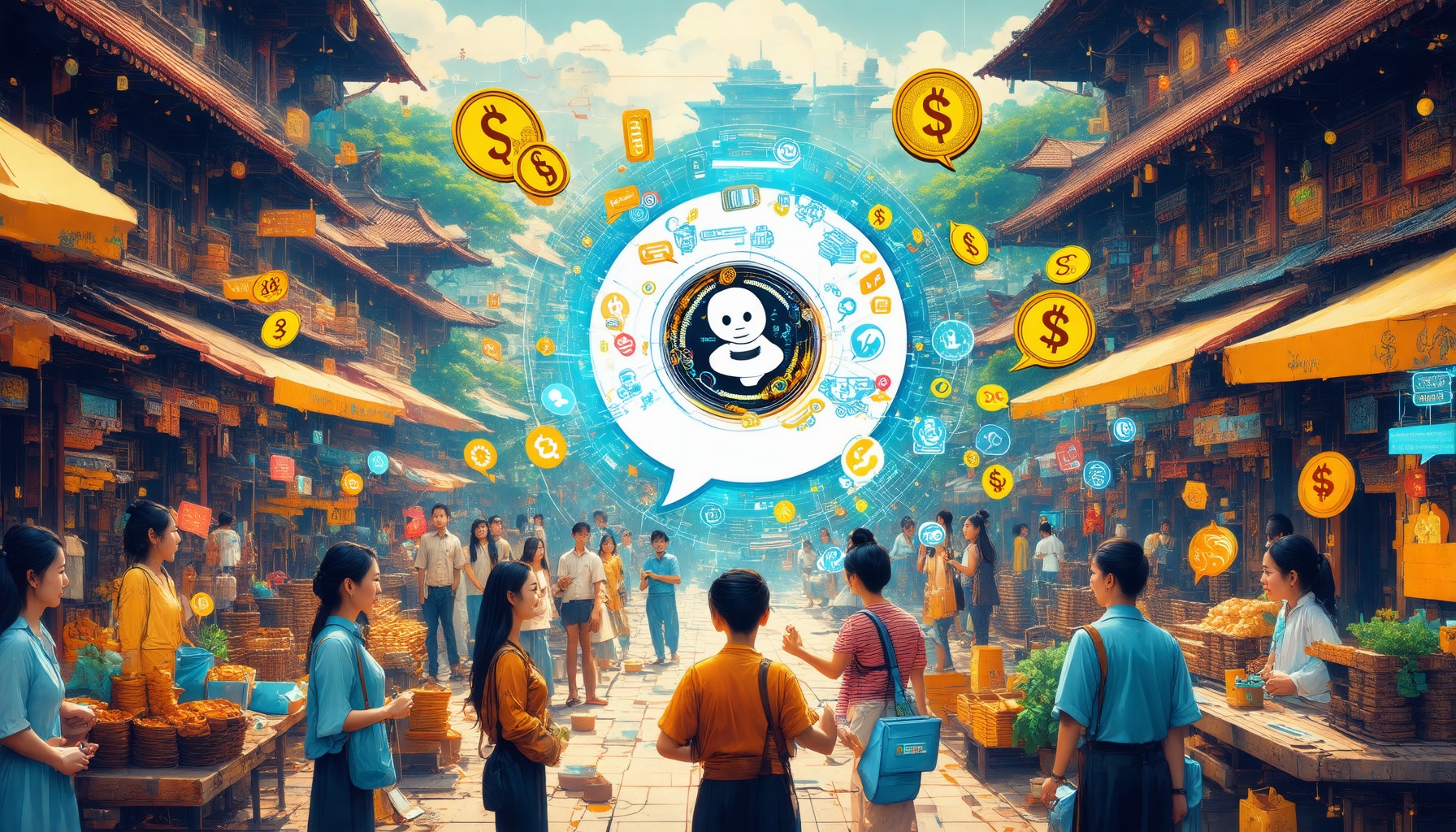Key Takeaways
- Enhance User Engagement: Integrating a Facebook chatbot allows businesses to provide 24/7 customer support, improving overall user satisfaction.
- Streamline Communication: Chatbots automate responses to common inquiries, reducing workload on human agents and ensuring faster response times.
- Legal Compliance is Key: Understanding the legalities of Facebook chatbot integration is crucial to avoid violations of privacy laws and platform policies.
- Choose the Right Platform: Selecting the best chatbot platform like ManyChat or Chatfuel is essential for effective Facebook integration tailored to your business needs.
- Personalized User Experience: Utilize AI capabilities to deliver tailored interactions, enhancing customer loyalty and engagement.
- Cost-Effective Solutions: Implementing chatbots can significantly lower operational costs by automating routine customer service tasks.
In today’s digital landscape, Facebook chatbot integration has emerged as a pivotal tool for businesses aiming to enhance user engagement and streamline communication. This comprehensive guide will delve into the intricacies of connecting AI to Facebook, exploring essential topics such as the benefits of Facebook Messenger chatbots, legal considerations surrounding their use, and the best bots available for various business needs. Whether you’re curious about how to integrate a chatbot in Facebook, the potential of connecting ChatGPT to your Facebook account, or the implications of Facebook integration with platforms like Salesforce, this article will provide you with actionable insights and step-by-step instructions. Join us as we navigate the world of Facebook integration, ensuring you have the knowledge to leverage these powerful tools effectively.
How to Integrate Chatbot in Facebook?
Understanding Facebook Chatbot Integration
To integrate a chatbot into Facebook, follow these comprehensive steps:
1. **Create a Facebook Page**: Ensure you have a Facebook Page for your business or service, as chatbots can only be integrated with pages.
2. **Choose a Chatbot Platform**: Select a chatbot development platform that supports Facebook integration, such as ManyChat, Chatfuel, or MobileMonkey. These platforms offer user-friendly interfaces and templates.
3. **Connect Chatbot with Messenger**:
– Log in to your chosen chatbot platform.
– Navigate to the integration settings and select Facebook Messenger.
– Follow the prompts to log in to your Facebook account and grant necessary permissions.
4. **Configure Permissions**: Ensure that all required permissions are granted, including access to messages and user data. This step is crucial for the chatbot to function correctly.
5. **Select Your Facebook Page**: In the integration configurator, choose the Facebook Page you want to connect with the chatbot. Click the “Connect” button to finalize the integration.
6. **Set Up the Welcome Message**:
– Decide whether to enable the “Get Started” button, which prompts users to initiate interaction with the chatbot.
– Craft a welcoming greeting that will appear in the Messenger window, providing users with a friendly introduction to your chatbot’s capabilities.
7. **Test Your Chatbot**: Before launching, conduct thorough testing to ensure the chatbot responds accurately and effectively to user inquiries. This step helps identify any issues that need addressing.
8. **Launch and Monitor**: Once testing is complete, launch your chatbot. Monitor its performance using analytics tools provided by the chatbot platform to track user engagement and interactions.
For further insights on chatbot integration and best practices, refer to resources from Facebook’s official developer documentation and industry experts like HubSpot and Sprout Social. These sources provide valuable information on optimizing chatbot performance and enhancing user experience.
Benefits of Facebook Messenger Chatbot for Businesses
Integrating a Facebook Messenger chatbot offers numerous advantages for businesses looking to enhance customer engagement and streamline operations. Here are some key benefits:
– **24/7 Availability**: A Facebook Messenger chatbot can provide round-the-clock support, ensuring that customers receive assistance whenever they need it, even outside of regular business hours.
– **Automated Responses**: By utilizing AI-driven technology, chatbots can deliver instant responses to frequently asked questions, reducing the workload on human agents and improving response times.
– **Lead Generation**: Messenger chatbots can effectively capture leads through interactive conversations, guiding users through the sales funnel and increasing conversion rates.
– **Personalized Interactions**: Chatbots can analyze user data to deliver tailored experiences, enhancing customer satisfaction and loyalty.
– **Cost-Effective Solution**: Implementing a chatbot can significantly reduce operational costs by automating routine tasks and minimizing the need for extensive customer service teams.
By leveraging Facebook chatbot integration, businesses can enhance their digital communication strategies and improve overall customer experience. For more information on setting up your chatbot, explore the [Messenger Bot Overview](https://messengerbot.app/) and [Messenger Bot Tutorials](https://messengerbot.app/messenger-bot-tutorials/).
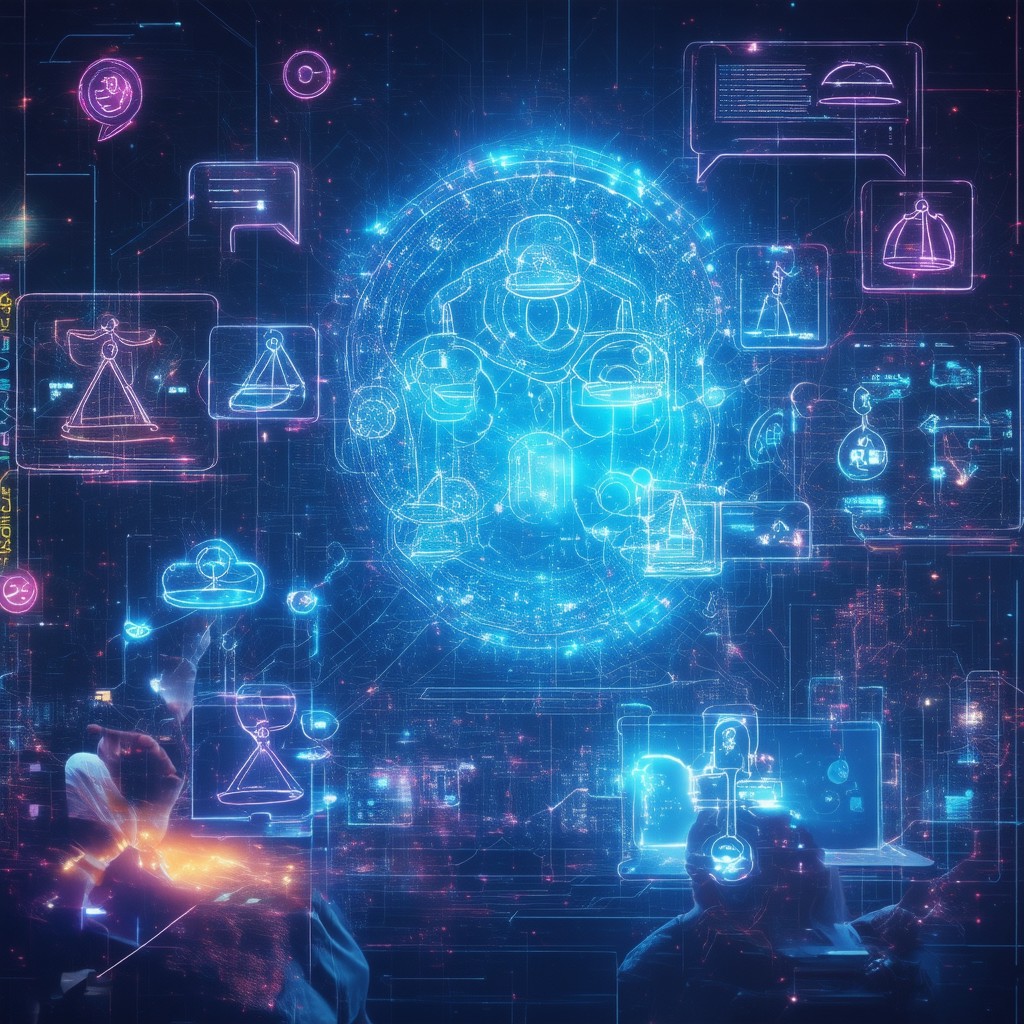
Can I connect ChatGPT to Facebook?
Yes, you can connect ChatGPT to Facebook Messenger, allowing for seamless interactions through the platform. Here’s a comprehensive guide to facilitate this integration:
- Set Up Facebook Developer Account:
- Create a Facebook Developer account at developers.facebook.com. This is essential for accessing the Messenger API.
- Create a Facebook App:
- Once logged in, create a new app. Select the “Messenger” product to enable Messenger functionalities.
- Configure Messenger Settings:
- In the app settings, navigate to the Messenger section. Here, you’ll need to generate a Page Access Token, which allows your app to send and receive messages on behalf of your Facebook Page.
- Set Up Webhook:
- Configure a webhook to receive messages from users. This involves providing a callback URL where Facebook will send events related to your Messenger app. Ensure your server can handle HTTPS requests.
- Integrate ChatGPT:
- Use the OpenAI API to connect ChatGPT. You’ll need your OpenAI API key to authenticate requests. When a user sends a message via Messenger, your webhook should capture this and forward it to the ChatGPT API, then send the response back to the user.
- Testing:
- Test the integration thoroughly to ensure that messages are being sent and received correctly. Use tools like Postman to simulate requests and responses.
- Compliance and Best Practices:
- Ensure compliance with Facebook’s policies and guidelines for Messenger bots. This includes respecting user privacy and providing clear opt-in mechanisms.
For detailed documentation, refer to the official Facebook Messenger API documentation and OpenAI’s API documentation. This integration allows businesses to enhance customer engagement through automated responses powered by ChatGPT, streamlining communication and improving user experience.
Exploring ChatGPT and Facebook Integration
The integration of ChatGPT with Facebook Messenger opens up a world of possibilities for businesses looking to enhance their customer service and engagement strategies. By leveraging the capabilities of AI, companies can provide instant responses to customer inquiries, thereby improving user satisfaction and reducing response times. This integration not only automates communication but also allows for personalized interactions, making customers feel valued and understood.
Moreover, businesses can utilize this integration to gather insights into customer preferences and behaviors, which can be invaluable for tailoring marketing strategies. The ability to analyze interactions through the Messenger platform can lead to more effective campaigns and improved customer retention rates.
For those interested in exploring more about chatbot integration, check out our Messenger Bot Tutorials for a deeper understanding of how to implement these technologies effectively.
Are Facebook Bots Illegal?
Bots, including those used on platforms like Facebook, are not inherently illegal. However, their legality hinges on how they are utilized. Here are key points to consider:
- Legitimate Uses: Bots can serve various legitimate purposes, such as automating customer service responses, providing information, and enhancing user engagement. For instance, Facebook Messenger Bots can facilitate communication between businesses and customers, streamlining interactions and improving user experience.
- Illegal Activities: The use of bots becomes illegal when they are employed for unauthorized access to accounts, data scraping without consent, spreading misinformation, or engaging in fraudulent activities. Such actions violate laws like the Computer Fraud and Abuse Act (CFAA) in the United States.
- Privacy Violations: Bots that collect personal data without user consent can infringe on privacy laws, such as the General Data Protection Regulation (GDPR) in Europe. Companies must ensure compliance with these regulations to avoid legal repercussions.
- Platform Policies: Facebook has specific policies regarding bot usage. Violating these policies can lead to account suspension or legal action. It’s crucial for developers and businesses to familiarize themselves with Facebook’s terms of service.
- Recent Trends: As AI technology evolves, the use of bots is becoming more sophisticated. Businesses are increasingly leveraging AI-driven bots for personalized marketing and customer interaction, but they must remain vigilant about ethical considerations and legal compliance.
For further reading on the legal implications of bot usage, refer to resources such as the Electronic Frontier Foundation (EFF) and the Federal Trade Commission (FTC) guidelines.
Legal Considerations for Facebook Bots
When integrating a Facebook chatbot, understanding the legal landscape is essential. Here are some critical considerations:
- Compliance with Regulations: Ensure that your chatbot adheres to local and international laws regarding data protection and privacy. This includes obtaining user consent before collecting personal information.
- Adherence to Facebook’s Policies: Familiarize yourself with Facebook’s Messenger Platform Documentation to ensure your bot complies with their guidelines, which can help prevent account suspension.
- Monitoring Bot Activities: Regularly audit your bot’s interactions to ensure it operates within legal boundaries and does not engage in activities that could be deemed illegal or unethical.
By staying informed about these legal considerations, businesses can effectively utilize Facebook chatbot integration while minimizing risks.
What is the best chatbot for Facebook?
When considering Facebook chatbot integration, selecting the right chatbot can significantly enhance user engagement and streamline communication. The best chatbots for Facebook, tailored to various needs, include:
- ManyChat: Renowned for its marketing automation capabilities, ManyChat excels in customer support and engagement. It allows businesses to create interactive chat experiences and automate responses, making it ideal for marketing campaigns.
- Chatbase: This platform is perfect for AI beginners, offering user-friendly tools to build and manage chatbots without extensive coding knowledge. It provides analytics to help optimize chatbot performance.
- UChat: Best suited for omnichannel communication and eCommerce, UChat integrates seamlessly with multiple platforms, allowing businesses to manage customer interactions across various channels effectively.
- Freshchat: An affordable solution for large customer support teams, Freshchat offers features like AI-driven chatbots, real-time messaging, and a unified inbox, making it a cost-effective choice for businesses looking to enhance customer service.
- Intercom: Targeted at enterprises and large businesses, Intercom provides advanced features such as personalized messaging, customer segmentation, and robust analytics, making it a comprehensive solution for managing customer relationships.
- MobileMonkey: This chatbot platform specializes in multi-channel marketing, allowing businesses to engage customers on Facebook Messenger and other platforms. It offers tools for lead generation and customer support.
For businesses looking to enhance their Facebook presence, these chatbots provide a range of functionalities that cater to different needs, from marketing automation to customer support. According to a report by Gartner, chatbots can reduce customer service costs by up to 30%, highlighting their growing importance in digital communication strategies.
Comparing Free Facebook Chat Bots and Paid Options
When evaluating Facebook chatbot integrations, it’s essential to consider both free and paid options to determine which best suits your business needs. Free chatbots often provide basic functionalities, making them ideal for small businesses or those just starting with Facebook integration. However, they may lack advanced features such as analytics, customization, and support.
On the other hand, paid options typically offer a more comprehensive suite of tools, including:
- Advanced analytics for performance tracking
- Customizable templates for branding
- Integration capabilities with other platforms, enhancing overall Facebook integration with website functionalities
- Dedicated customer support for troubleshooting and optimization
Ultimately, the choice between free and paid chatbots should align with your business goals and the level of engagement you wish to achieve through Facebook chatbot integration.
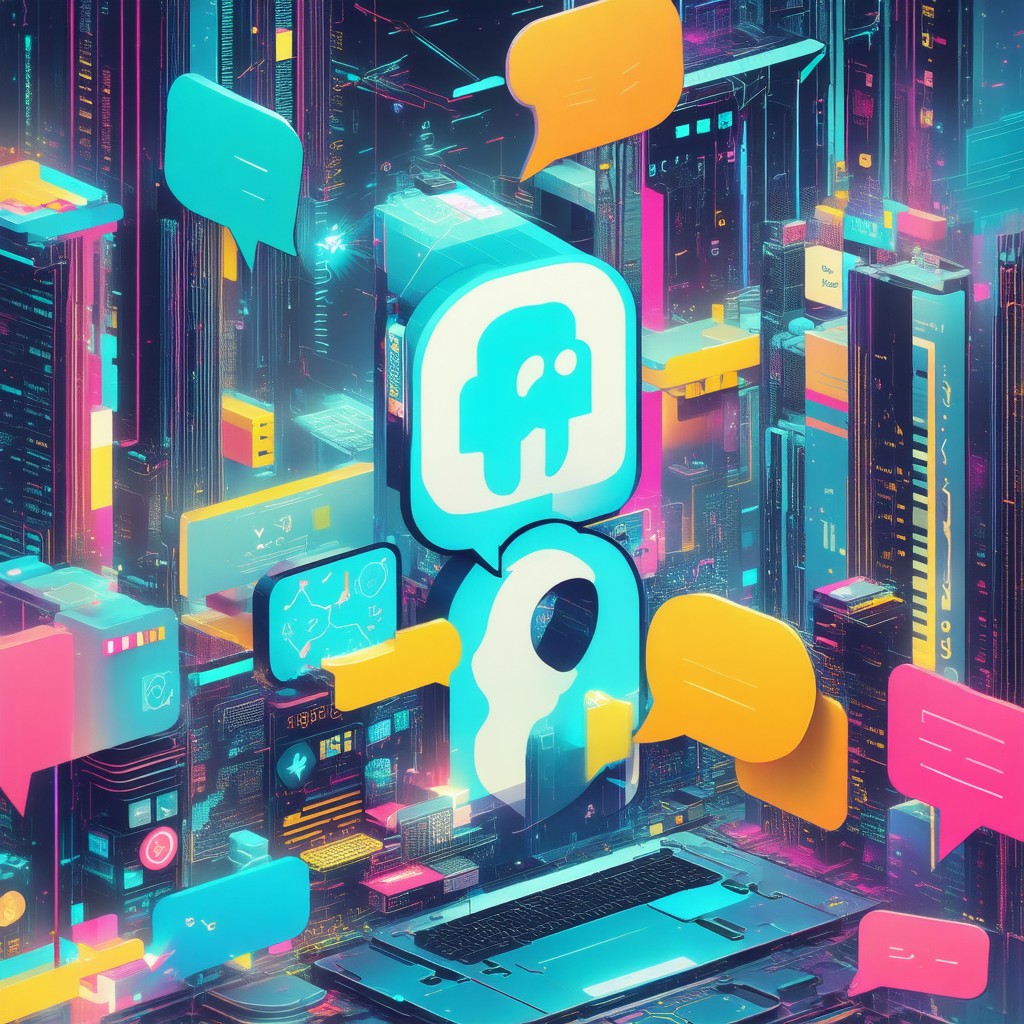
Does Facebook have an AI chatbot?
Yes, Facebook does have an AI chatbot, primarily integrated into its Messenger platform. This chatbot technology enables businesses and developers to create automated responses and interactions with users, enhancing customer service and engagement.
Overview of Facebook’s AI Chatbot Features
The Messenger Bot allows businesses to build chatbots that can handle inquiries, provide information, and facilitate transactions directly within the Messenger app. These bots utilize natural language processing (NLP) to understand user queries and respond appropriately. Key features include:
- Automated Responses: The AI chatbot can answer frequently asked questions, ensuring users receive immediate assistance.
- Appointment Booking: Users can schedule appointments directly through the chatbot, streamlining the booking process.
- Personalized Recommendations: Based on user interactions, the chatbot can suggest products or services tailored to individual preferences.
- 24/7 Support: The chatbot provides round-the-clock assistance, significantly improving response times and user satisfaction.
How Facebook Integration with AI Enhances User Experience
Integrating AI into Facebook’s chatbot capabilities offers numerous benefits for businesses:
- Cost Efficiency: By automating responses, businesses can reduce operational costs associated with customer service.
- Improved Engagement: The ability to provide instant responses keeps users engaged and satisfied, leading to higher retention rates.
- Advanced Machine Learning: Facebook continuously updates its AI algorithms, enhancing the chatbot’s understanding of context and user intent, which aligns with the latest trends in AI and machine learning.
For more detailed information on Facebook’s AI chatbot capabilities, you can refer to the Messenger Platform Documentation.
How to Enable Facebook AI Chat?
Enabling AI chat features on Facebook Messenger can significantly enhance user interaction and streamline communication. Here’s how to get started:
Enabling AI Chat Features on Facebook Messenger
To enable Facebook AI chat, follow these steps:
- Open the Messenger App: Download and install the Messenger app on your mobile device if you haven’t already. Ensure you are logged into your Facebook account.
- Access the Meta AI Feature: Tap on the “Meta AI” tab located at the bottom of the screen. This feature allows you to interact with Facebook’s AI capabilities.
- Start a Conversation: You can either select from suggested prompts provided by the AI or enter your own question or topic in the text box. After typing your message, tap “Submit” to initiate the chat.
- Privacy Considerations: Always be cautious about sharing personal information during your conversation. Avoid including sensitive details such as your full name, address, email, or phone number to protect your privacy.
- Explore AI Capabilities: The Meta AI can assist with various inquiries, from providing information to answering questions about Facebook features. Engage with it to discover its full range of functionalities.
For more detailed guidance, refer to the official Facebook Help Center, which offers comprehensive resources on using Messenger and its AI features.
Best Practices for Implementing AI Chat on Your Facebook Page
To maximize the effectiveness of AI chat on your Facebook page, consider the following best practices:
- Define Clear Objectives: Determine what you want to achieve with AI chat, such as improving customer service or generating leads.
- Personalize User Interactions: Use data to tailor responses and create a more engaging experience for users.
- Regularly Update AI Responses: Ensure that the AI is equipped with the latest information and can handle new queries effectively.
- Monitor Performance: Utilize analytics to track user interactions and refine your AI chat strategies based on user feedback.
- Integrate with Other Tools: Consider integrating your AI chat with other platforms, such as your website or CRM systems, for a seamless user experience.
By following these best practices, you can enhance user engagement and streamline communication through effective Facebook chatbot integration.
Facebook Chatbot Integration with Website
Integrating Facebook Chatbot with Your Website: A Step-by-Step Guide
Integrating a Facebook chatbot with your website is a straightforward process that enhances user engagement and streamlines communication. Here’s a step-by-step guide to help you set up your Facebook chatbot integration effectively:
1. **Create a Facebook Page**: If you don’t already have one, create a Facebook Page for your business. This is essential as the chatbot will be linked to this page.
2. **Set Up Your Chatbot**: Use a platform like Messenger Bot to create your chatbot. You can customize responses, set up automated workflows, and define user interactions. For a quick setup, check out our [quick guide to chatbot setup](https://messengerbot.app/how-to-set-up-your-first-ai-chat-bot-in-less-than-10-minutes-with-messenger-bot/).
3. **Obtain the Messenger API Key**: Navigate to the Facebook Developer portal and create a new app. From there, you can access the Messenger API and obtain your API key, which is crucial for integration.
4. **Add the Chatbot to Your Website**: Insert the provided code snippet from your chatbot platform into the HTML of your website. This will enable the chatbot to appear on your site, allowing visitors to interact with it seamlessly.
5. **Test the Integration**: Before going live, thoroughly test the chatbot on your website to ensure it responds correctly and provides the intended user experience.
6. **Monitor and Optimize**: After launching, monitor user interactions and feedback. Use analytics tools to assess performance and make necessary adjustments to improve engagement.
By following these steps, you can effectively integrate a Facebook chatbot with your website, enhancing user experience and driving engagement.
Utilizing Facebook Integration API for Seamless Chatbot Functionality
The Facebook Integration API is a powerful tool that allows developers to create seamless interactions between Facebook and other platforms. Here’s how to leverage it for your chatbot:
– **Access User Data**: The API allows your chatbot to access user data (with permission), enabling personalized interactions. This can enhance user engagement by tailoring responses based on user preferences.
– **Automate Responses**: Utilize the API to automate responses to frequently asked questions. This reduces the workload on your customer service team and ensures users receive timely information.
– **Integrate with Other Services**: The Facebook Integration API can connect your chatbot with other services, such as CRM systems or e-commerce platforms. This integration allows for streamlined operations and improved customer service.
– **Real-Time Updates**: The API supports real-time updates, ensuring that your chatbot can respond to user inquiries based on the latest information available.
For more detailed information on the Messenger API, visit the [Messenger Platform Documentation](https://developers.facebook.com/docs/messenger-platform). By effectively utilizing the Facebook Integration API, you can enhance your chatbot’s functionality and provide a superior user experience.
